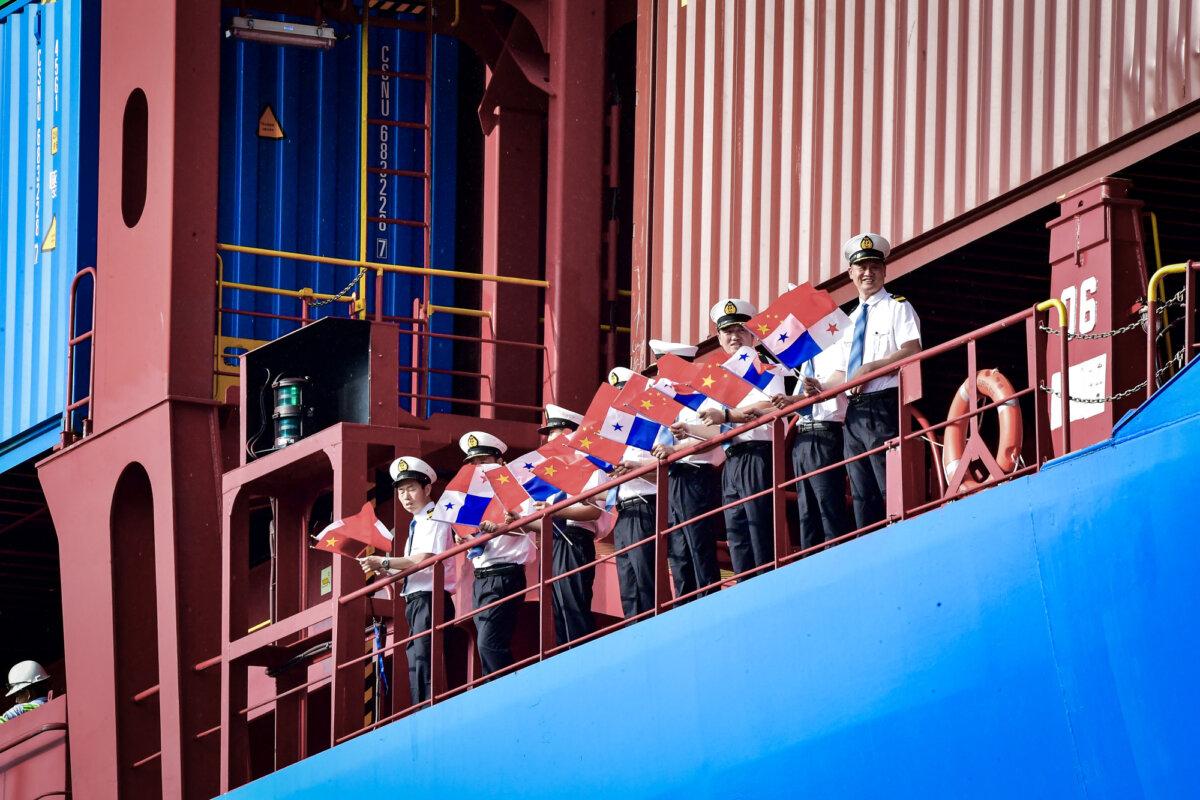Panama and China Forge Strategic Partnership Through Years of Investment
Experts suggest that China has long been laying the foundations for its current influence near the Panama Canal.
Security analysts warn that U.S. officials are justified in being worried about Panama’s deepening strategic partnership with China, a partnership driven by limited U.S. investment in critical sectors of the Latin American nation for several years.
Analyst and research professor Evan Ellis from the U.S. Army War College stated, “The real issue lies in influence through economic ties, human connections, and the potential for the Chinese to manipulate Panama’s government.
Operating ports near the Panama Canal, CK Hutchison Holdings, through its subsidiary, has sparked concern among U.S. officials.
Opportunity Knocks
According to Ellis, China’s mega projects and support for underdeveloped sectors of Panama have significant implications.
He noted that much of the funding for economic development in the 1980s and 1990s favored Asia over Latin America, laying the groundwork for China’s current role in Panama. He added that a lack of active conflict necessitating U.S. intervention had hindered strategic planning revolving around Panama.
Meanwhile, China seized the opportunity by stepping in with its financial resources.
Now, major Chinese banks like the Industrial Commercial Bank of China and various Chinese enterprises have a presence in almost every sector of Panama.

The logo of the Industrial and Commercial Bank of China at the entrance to its branch in Beijing on April 1, 2019. Florence Lo/Reuters
“There are dozens, if not hundreds, of Chinese businesses operating there,” Ellis emphasized, emphasizing the various forms of influence that come with such investments.
Richardson emphasized, “China has not engaged in the Western Hemisphere to provide mutually beneficial, high-quality investment. Instead, they aim to extract gains and gain access and influence.”
“As China deepens its investments in the region, it may lead to increased military collaboration or influence over defense policies of certain countries, even if no military bases are established initially”, national security analyst and Scarab Rising founder Irina Tsukerman told The Epoch Times.
Dual-Use Facilities
China’s practice of gaining strategic, and potentially military, influence in maritime ports through investment is not a new concept. This tactic has been employed for years by China in countries where it owns or dominates port facilities near vital shipping routes.
According to Tsukerman, “China already has a military base in Djibouti [Africa], providing a blueprint for extending military reach through partnerships and infrastructure development.” She highlighted that the existing Chinese ports near the Panama Canal could serve as future naval bases.
While these facilities may initially focus on commercial activities, they hold the potential for military usage in the future, offering China close proximity to U.S. naval and commercial operations, potentially jeopardizing U.S. control over a critical chokepoint, Tsukerman explained.
 Source link
Source link





